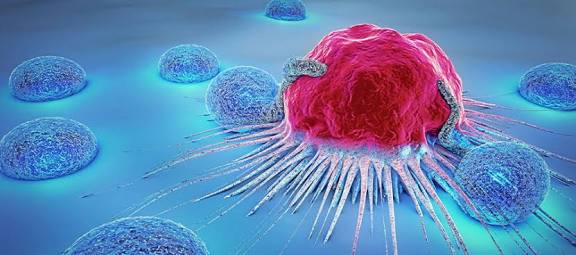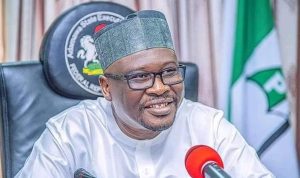Global health leaders are preparing to launch an ambitious new strategy to cut global cancer deaths by 25 per cent and ensure that 60 per cent of cancer cases are detected early by 2035.
The initiative, outlined in the upcoming World Cancer Declaration 2025–2035, was announced by the Union for International Cancer Control (UICC) during a virtual press briefing on Thursday. The declaration will be formally unveiled at the World Cancer Leaders’ Summit, taking place from November 18 to 20 in Melbourne, Australia.
Organised by the UICC and hosted by Cancer Council Victoria, the summit—held under the theme “Bridging Divides, Building Futures”—will gather over 400 global experts and policymakers from more than 80 countries to advance efforts in cancer prevention, treatment, and research.
READ ALSO: Zamfara First Lady Joins 2025 Walk Away Cancer Campaign
The event is being co-hosted by the Victorian Comprehensive Cancer Centre (VCCC) Alliance, Monash Partners Comprehensive Cancer Consortium, and the McCabe Centre for Law and Cancer, with support from the World Health Organization (WHO), the International Agency for Research on Cancer (IARC), and the International Atomic Energy Agency (IAEA).
UICC President Ulrika Årehed Kågström said the declaration introduces a “5×5×5 by 2035” framework five global targets, five domains for national action, and five guiding principles built on equity, evidence, collaboration, sustainability, and accountability.
“It’s about closing the gap between what we know works and what is actually being delivered—especially for communities long denied access to timely, quality cancer care,” Kågström explained.
The roadmap calls on governments to strengthen national cancer control programmes, improve cancer registries, promote early detection and screening, and increase access to essential medicines and palliative care. It also urges greater public education to reduce stigma and encourage healthier lifestyles.
Read Also
- NNPC/Renaissance JV Donates $300,000 to Support Cancer Treatment at National Hospital
- Health experts seek technological solutions, improved infrastructure to tackle Cancer
- Cancer: Experts seek innovative, preventive approaches to increase early detection
- Cervical Cancer: Why are women dying unnecessary deaths from preventable disease?
According to IARC data, nearly 20 million new cancer cases were reported worldwide in 2022, leading to about 10 million deaths. Without stronger interventions, the global
cancer burden could reach 30.5 million new cases and 18.6 million deaths annually by 2050, most occurring in low and middle income countries.
Kågström stressed that tackling this challenge requires “collective leadership and sustained political will across all sectors and regions.”
IARC Director Dr. Elisabete Weiderpass noted that the new declaration provides a science-based and adaptable framework to help countries address disparities in cancer care.
Speakers at the summit will include health ministers from Brunei, Egypt, Tonga, and Australia’s Victoria State, alongside senior officials from WHO, IARC, and IAEA.
Other participants include Dato’ Dr. Saunthari Somasundaram of Malaysia, Belinda Chan of Fiji, and Professor Eric Bouffet of Canada.
Todd Harper, CEO of Cancer Council Victoria, said the biennial summit serves as a crucial forum to turn “global commitments into tangible improvements for patients and families.”
The 2025 edition will also examine how artificial intelligence, health financing, gender equality, and culturally appropriate services can improve cancer outcomes—particularly in underserved communities.
The World Cancer Declaration 2025–2035 represents a major shift toward measurable, equity-driven progress in global cancer control, aiming to transform bold promises into concrete action by 2035.





